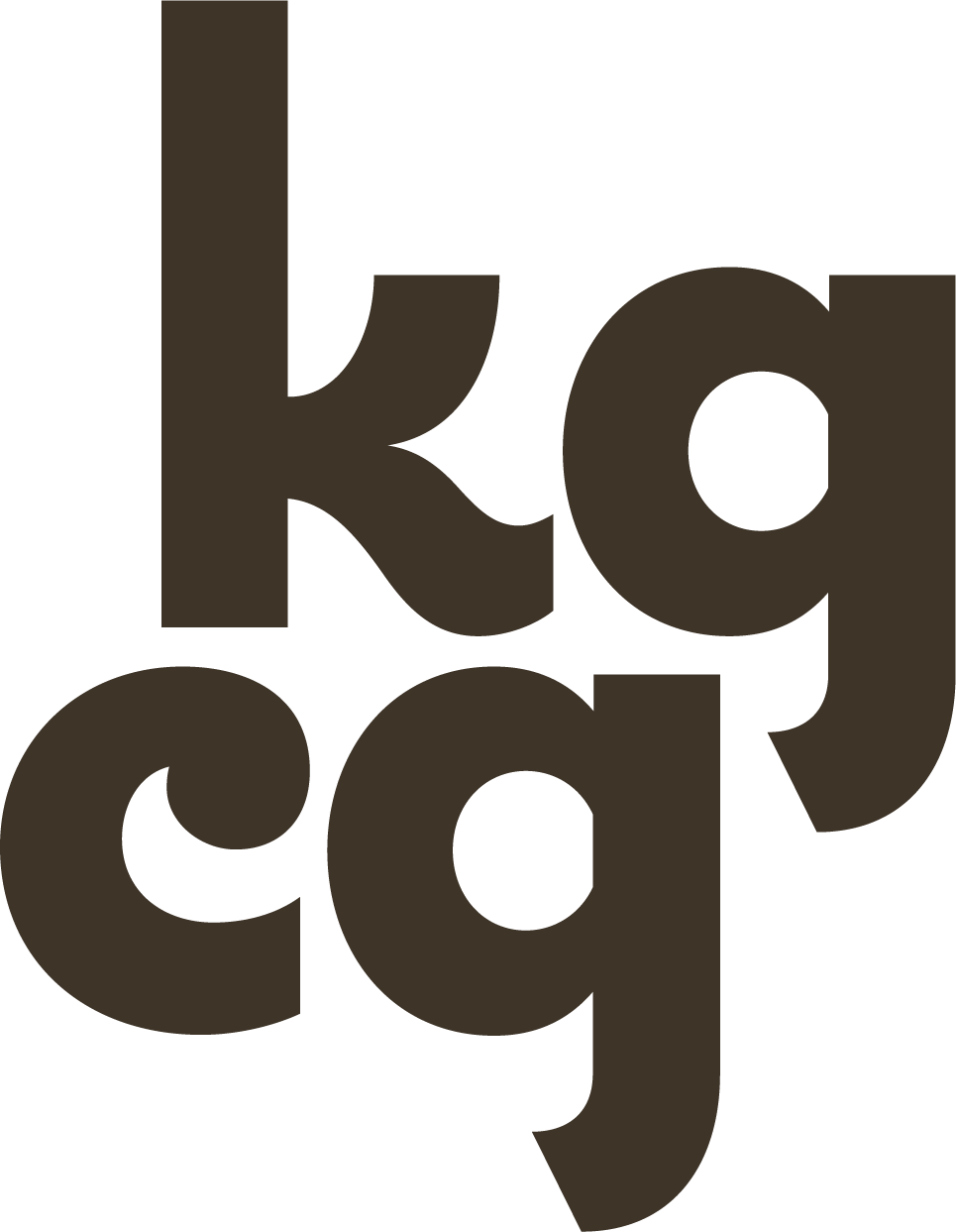Keri’s work centers on exploring the intersections of race, gender, and disability across the workplace. She offers presentations, workshops, and consults on long term projects that support organizations so they are prepared to leverage intersectionality as a business practice. Below are Keri’s top requested presentations. Send a note for additional options and information on services.
Overview
Keynotes
Disability Inclusion and Intersectionality
This presentation is geared towards disability centered organizations that are developing or scaling initiatives across communities of color. This session addresses the relationship between race and disability and uncovers the meaning of intersectionality. The presenter will discuss organizational practices that prioritize disability inclusion through a framework of intersectionality. Participants will also learn best practices for expanding recruitment and retention efforts.
Decolonizing Dreams: A conversation on Black leadership and wellness
This presentation discusses navigating multiple marginalized identities as you transition into the workplace. As a person of color, you may be one of the few people who looks like you in the workplace. Add on your lived experience as a disabled person, and it becomes even more likely that you’re the “only one.” How do we truly gain economic empowerment in the face of racial discrimination and ableism? What sort of support can we offer to each other in order to not merely survive in a workplace, but also to transform it to be inclusive of all of our identities? This presentation will share insight on systemic opposition while also empowering Black leadership and wellness.
Imposter Syndrome and Internalized Behaviors
We deserve to be here. We deserve to take up space. Whether at work, at school, or in our
communities, we’re worthy of belonging. So, why do so many of us feel we are undeserving of opportunities? Imposter Syndrome is the experience of believing you are inadequate despite your success. Those who experience it may diminish or deny their achievements. For Black people with disabilities, navigating a world steeped in white supremacy and ableism exacerbates the likelihood of imposter syndrome coinciding with, or evolving into, depression. Participants will receive an understanding of how to recognize the internalizing behaviors that can accompany imposter syndrome, as well as resources on how to contend with it.
.
Workshops
The following are a sampling of workshops that can be customized for your company or organization. Please note that each of the workshops are 60 minutes or 90 minutes, dependent upon your needs.
Best Practices for Disability Inclusion: A 101 conversation around disability
Today’s workforce is continuously evolving and becoming exceedingly diverse. This workshop explores how people with disabilities can be incorporated in corporate D&I strategies, programs, and initiatives. The facilitator will discuss best practices designed to successfully hire, onboard, and retain personnel while cultivating appropriate workplace etiquette that will build inclusive environments. Finally, this session will provide guidance to managers regarding reasonable workplace accommodations and implementing a company culture that is inclusive of people with disabilities. Expected learning outcomes include:
- Define disability and its connection to diversity and inclusion efforts.
- Learn disability inclusion best practices.
- Identify actions to address disability inequity across the workplace.
Sanction our Scars: A conversation on unapologetic identity and body positivity in your marketing/outreach efforts
This workshop addresses societal expectations around body image and performance. It encourages organizations to think critically about the myths behind these societal standards and what it means to amplify body positivity that is reflective of your everyday person. Specifically, organizations explore body positivity through the lens of physical and mental health conditions as it intersects with race and gender. For the longest time, disability imagery has been dominated by its connection to the medical industry and institutions. These images and stories often evoke pity, pain, fear and even brutality, particularly across Black and Brown communities. Contrary to those images, this workshop enables organizations to implement campaigns and marketing that embrace body positivity and disability identity through a framework of intersectionality. Expected learning outcomes include:
- Identify and challenge cultural myths and outdated perspectives on body image and performance.
- Develop tools that interrupt negative biases through inclusive channels of expression.
- Demonstrate authentic communication and create a community with people of color.
Accommodating Measures: A conversation on understanding exclusion and getting towards inclusion
This workshop explores the most common issues faced by communities that live at the intersection of disability and race. The first workshop segment is about understanding exclusion and how that particularly impacts people of color. The second workshop segment addresses inclusion and the opportunities that companies can respond to in support of multiply marginalized communities. This workshop uncovers tangible steps organizations can take to reach people with disabilities across communities of color. Expected learning outcomes include:
- Become aware of the interconnected nature of disability and race.
- Understand common issues surrounding race and the role of inclusive leaders.
- Identify action steps that create a more inclusive workplace culture and organizational initiatives.
Community Activism: A conversation on collective power despite conflict
This workshop familiarizes organizers with the basic concepts of community organizing race and disability. Participants will become exposed to a range of community organizing approaches and issues taken up by social justice advocates/activists. This session also provides an opportunity for organizations focused on intersectional issues to reflect on their own political power and capabilities in relation to the principles of community organizing. Expected learning outcomes include:
- Familiarize activists with the basic concepts of community organizing.
- To introduce organizers of color to the fact that there is power in their bodies, ideas, and voices. When people of color with disabilities organize as a collective, they will be able to make a huge contribution in any Movement.
- Expose organizers of color to a range of community organizing approaches and issues taken up by social justice advocates/activists.

